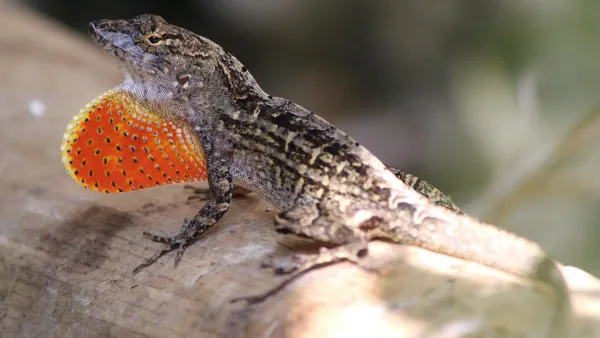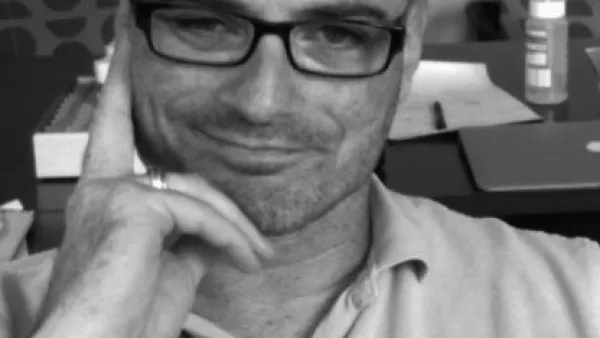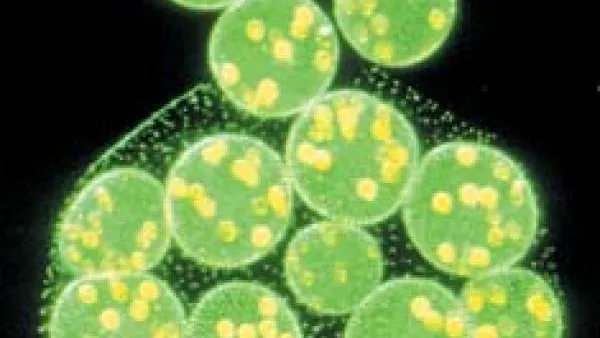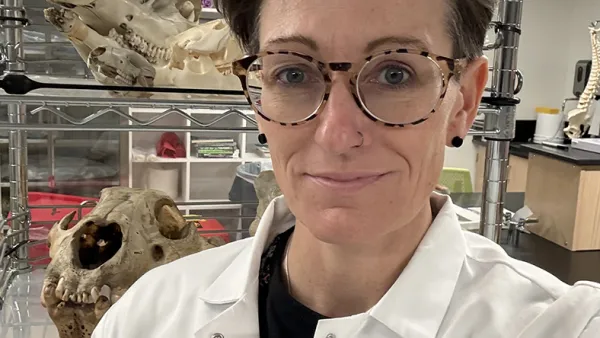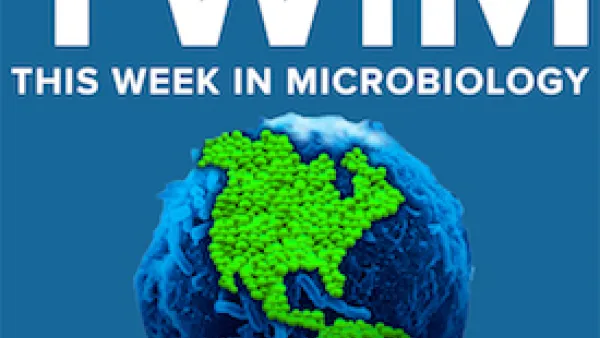Everywhere we look we can see the products of natural selection. The plants and animals all around us represent only those shapes, sizes, and behaviors best suited to survival; their forms carved out through a repeated trimming of individuals less suited to their environment. This is the process of evolution by natural selection.
However, despite the pattern of natural selection being easy to observe, we still know relatively little about how the process of natural selection actually plays out in nature. Postdoc James Stroud of the Losos Lab is studying how the process of natural selection is important in maintaining differences between species which have all evolved together in the same community.
Originally from London, England, Dr. Stroud’s passion for reptiles started at a young age through keeping a large menagerie of many exotic species and working weekends in the reptile house at London Zoo. While earning his undergraduate degree in zoology at the University of Wales, he first had the opportunity to visit a tropical rainforest to conduct his honors dissertation research. From there on he was hooked on the tropics, and in particular, tropical lizard communities.
He left rainy England and migrated to Miami, Florida, to pursue his PhD in the Tropical Biology Lab headed by Kenneth Feeley at Florida International University. It was on arriving in south Florida that Stroud first encountered anoles; a diverse group of lizards spread throughout the Caribbean, central, and south America. Stroud’s primary research interests are in understanding the ecological mechanisms which facilitate how species coexist, and the evolutionary consequences of such coexistence, choosing anoles to study these scientific questions. Dr. Stroud joined the Losos Lab at Wash U in summer 2018, the most famous anole lab in the world! Jonathan Losos and colleagues have spent many decades studying the ecology and evolution of anoles, a legacy which Dr. Stroud hopes he can play a small part in.
Stroud recently returned from three months of field work in a variety of locations; in Miami, before heading further south to Jamaica, on to the Dominican Republic, and finishing up in the Bahamas. His research natural selection may shape the communities of anoles that exist in each location. Each research trip requires many willing, able, and lizard-loving biologists; Wen-Hsi Kuo, a rotating graduate student from the Olsen Lab, and Saransh Gothi, a biology undergrad student from Wash U, assisted during the Miami leg of the trip. At each location, they collect every lizard they can find in one area and bring them back to “the lab”, often a hotel room, where they collect detailed data of the morphology of each individual. Specifically, Stroud measures features (known as traits) which may be important to survival. For example, longer-legged lizards might have a competitive edge over short-legged lizards in running away from predators more quickly. Or, lizards with bigger and stickier toes are better able to hold on to slippy surfaces like leaves.
They keep track of the lizards by injecting a tiny tag, each with its own unique code, just under the skin of the lizard. This coded tag can be seen easily by shining a black light on the lizard’s skin and doesn’t compromise or influence the lizard’s ability to survive. This is very important since they are specifically studying the survival of individual specimens and possible reasons for survival.
Stroud and his research assistants will return to the Caribbean in fall 2019 to find out which individuals survived the treacherous summer. The body shape and size of every lizard will be assessed to discover if there were any patterns to which ones survived versus which ones did not. Stroud is particularly interested in factoring in any major events that may have influenced that survival such as tropical storms or hurricanes, which can be powerful agents of natural selection.
Next week, James Stroud and Jonathan Myers, a faculty member in Wash U’s Biology Department, will together attend the legendary Cocha Cashu field station deep in the Peruvian Amazon. Cocha Cashu is one of the most remote tropical field stations in the world, only accessible by a 3 day boat ride upstream. Due to its remoteness, the surrounding rainforest is considered pristine, unaffected by intense human disturbance or hunting, making it one of the most valuable regions in the world to study tropical forest biology. The invited scientists are meeting to discuss new directions in the field of tropical biology, identifying current research trends and topics, and discussing along which routes future research may explore.
To learn more about James Stroud and research at the Losos Lab, visit https://sites.wustl.edu/losos/; www.jamesTstroud.com; Twitter: @jamesTstroud
